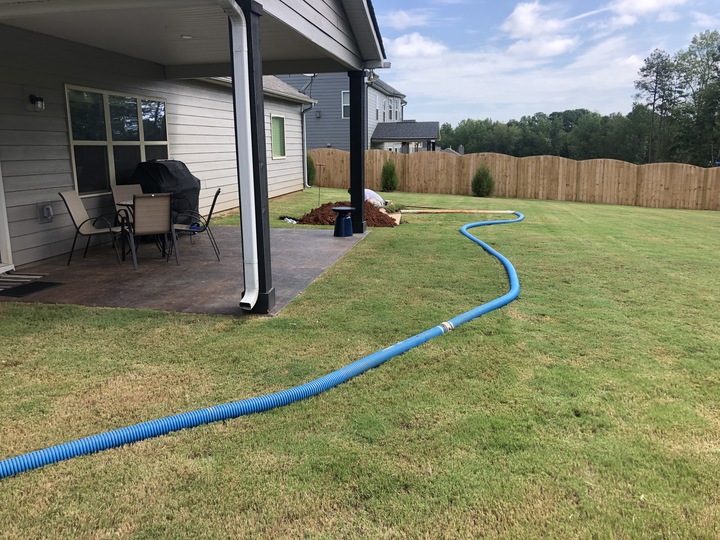Call This Wednesday to Get $25 OFF
Clean Solutions, Dirty Jobs – Done Right. Reliable. Responsive. Remarkable.
Call This Wednesday to Get $25 OFF
Clean Solutions, Dirty Jobs – Done Right. Reliable. Responsive. Remarkable.
If you own a septic system, you probably understand that the freezing temperatures that accompany winter can pose a real threat to your septic tank. Failure to ensure your septic tank is ready for the cold months can result in a failed septic system. Having a frozen septic tank, frozen sewage pipes, and a faulty drainfield during the winter are probably the worst situations that you don’t want to find yourself in.

In this article, we will walk you through winter maintenance tips for homes with septic tanks. These tips will help you keep your septic tank in top working order.
Have your septic tank pumped prior to the winter season to eliminate all waste that might freeze during winter. Septic tank pumping provides extra room in the tank, which comes in handy if your septic tank freezes. The pressure of frozen waste inside the septic tank could damage your tank if there's no extra room. If you need septic tank pumping, call Septic Connection to help you out.
Before winter sets in, call an experienced septic company to inspect your septic tank and determine if there are any faults in the system. A septic tank inspection enables you to detect any problems that need to be corrected before the cycle of freezing and thawing sets in. A septic tank inspection will help you detect issues that need to be addressed before they become costly repairs; thereby saving you a lot of money and stress later on. If you are in need of septic tank inspection, call Septic Connection.
The septic system is an onsite waste treatment facility, and it is incredibly reliable. However, the system is only as effective…
Imagine flushing your toilet and then suddenly realizing that your backyard has turned into a swampy mess. This unpleasant experience is…
Soil testing is a critical step in various construction and environmental projects. It provides essential information about the ground conditions, which…
Grease traps are remarkable tools that help keep your establishment clean and free from bad odors. Septic Connection has a…
If you have just moved into a new home or property that relies on a septic system for waste and wastewater…
If your home will not be occupied during winter, it’s important to winterize all the pipes to prevent freezing and cracking. Winterizing involves draining all the water from the pipes to minimize the risk of freezing. To winterize your pipes, turn off the main water valve and open all taps and drain valves. Leave the taps open throughout the winter season.
While snow is a good insulator, it can lose its insulation properties when it gets compacted. Besides, compacting snow on your drainfield can affect your septic tank’s ability to drain, resulting in sewage backups and leakage. It’s advisable to avoid driving on the drainfield or using heavy equipment over the area. If you experience any drainfield problems during winter, call a septic company to perform an inspection and make repairs.
Your septic tank needs a protective cover to trap the heat inside the tank, so it doesn't freeze. Place a 12-inch layer of mulch material or an insulating blanket to insulate the tank. Aside from preventing freezing, proper insulation protects anaerobic bacteria in your septic tank.
If your septic tank freezes during winter, call a septic company to fix the problem as soon as possible. At Septic Connection, we provide septic pumping, septic inspection, septic cleaning, septic repair, and more.
Visit our website today to book a septic tank inspection appointment.
When septic problems start, many homeowners look for quick and inexpensive solutions. Online videos, store-bought additives, and advice from well-meaning neighbors can make do-it-yourself septic fixes seem appealing. Unfortunately, septic…
Read moreA septic system is one of the most important—and most overlooked—components of a home. It manages wastewater quietly in the background, so many homeowners assume everything is fine until a…
Read more